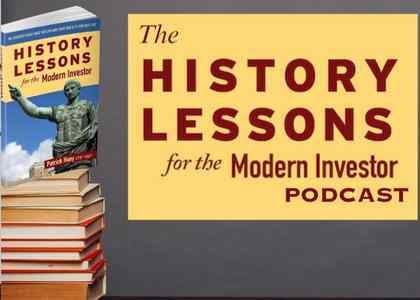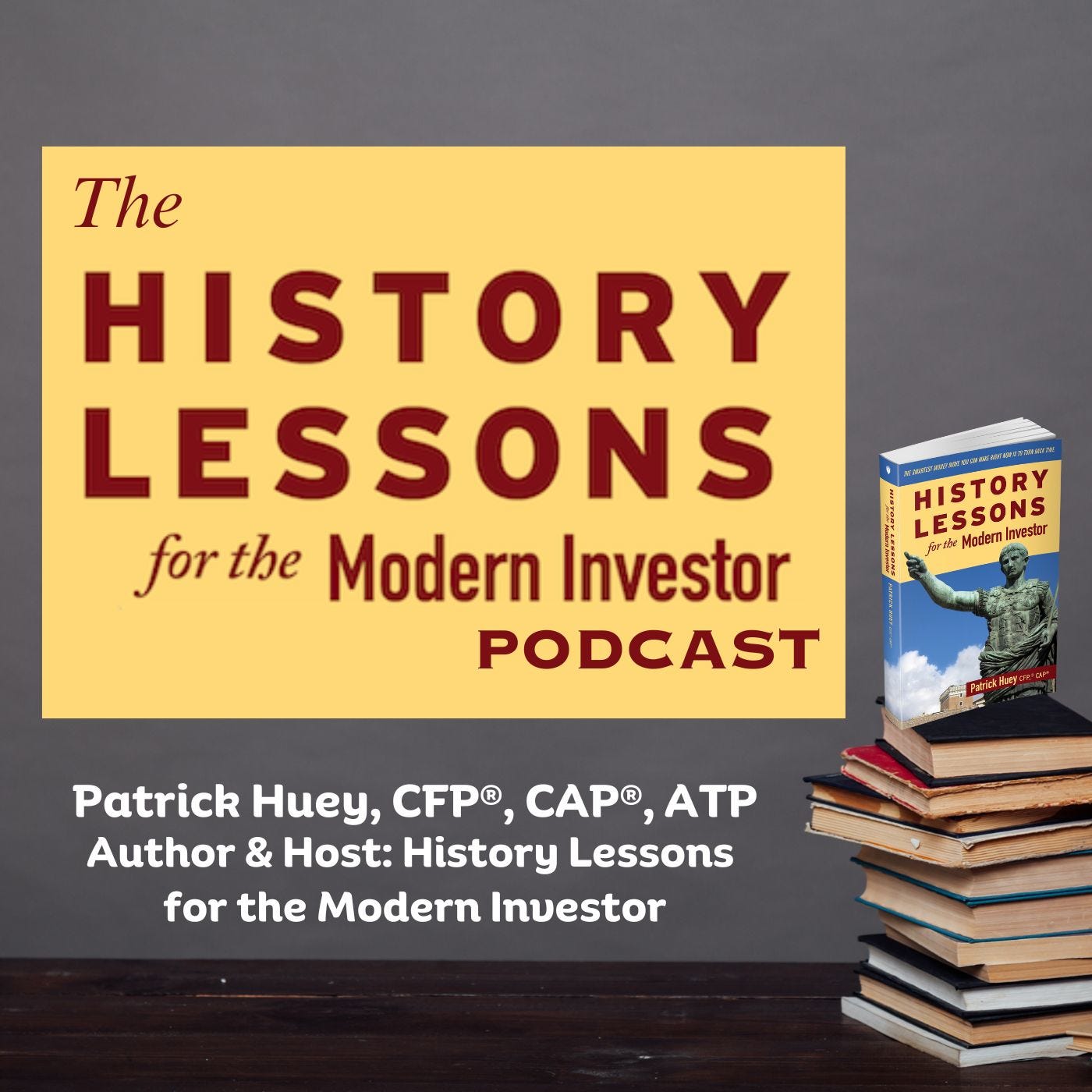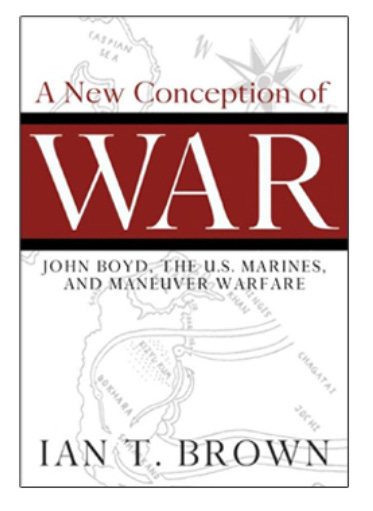🖖 Boldly Going Forward
Description
Thanks for reading History Lessons for the Modern Investor! Subscribe for free to receive new posts and support my work.
As Seen On: Investopedia
Can You Retire Early on $750,000? The Real Answer is in the Details
Retiring early with a $750,000 nest egg? For some, it can work—with careful planning, clear expectations, and a willingness to keep your spending within real-world limits.
🎯As I shared with Investopedia, early retirement at age 60 with this amount is “doable for some—but only with strong planning, modest spending, and healthy doses of realism.” The wild cards? Lifestyle, healthcare, inflation, and where you plan to call home.
Lifestyle, in fact, is the biggest swing factor. If you’re comfortable living on $30,000 to $35,000 a year, $750k could be enough. But if visions of globe-trotting or generous family gifts are in the cards, you’ll need a larger cushion. Healthcare looms even larger: without Medicare until age 65, private or ACA insurance for a couple can easily top $10,000–$20,000 a year—often becoming the single biggest unpredictable expense during those gap years. Add in where you live (high-cost cities can devour a modest nest egg) and what happens with inflation (even a one percent difference compounds over decades), and the “magic number” starts to look a lot less universal.
One essential: stress-test your plan for a longer time horizon. The “4% rule” is a classic benchmark, but for early retirees, advisors are now recommending lower withdrawal rates—3% to 3.5%—to help your savings last for a retirement that could stretch 35 or 40 years. Social Security also requires smart timing: if you claim benefits at 62, you’ll get less, but it can help bridge the income gap; waiting longer can boost your monthly payout substantially, but means leaning more heavily on your investments to fill the void in the meantime.
Bottom line: Early retirement with $750,000 isn’t impossible, but it’s not a one-size-fits-all plan. You'll need sharp budgeting, careful healthcare strategizing, and constant vigilance as reality—be it inflation, market swings, or health shocks—inevitably alters the landscape. Plan for less than perfect years and review your spending annually. And if the numbers seem tight, remember: tweaking your location, delaying retirement just a few years, or finding creative ways to supplement income can make all the difference. No matter how big your nest egg, the smartest move is to treat your plan as a living document—one that adapts long after your last day of work.
Thanks for reading History Lessons for the Modern Investor! This post is public so feel free to share it.
On September 8, 1966: Star Trek Premieres—Where No Show Had Gone BeforeOn September 8, 1966, television carried viewers where few had dared to dream: the maiden voyage of “Star Trek” aired on NBC, launching the starship Enterprise and its crew on an uncharted mission “to explore strange new worlds.” Created by Gene Roddenberry amid a landscape of Westerns and police procedurals, Star Trek was a gamble—equal parts social commentary, science fiction, and speculative hope. The show’s original run lasted just three seasons; at the time, it flirted with cancellation, drew modest ratings, and was dismissed by many as too cerebral for mainstream tastes. Yet Roddenberry’s vision endured. What started as a cult favorite became a multibillion-dollar franchise, spawning movies, spinoffs, and a legacy of inspiring innovation. “Star Trek” proved that what feels risky, niche, or out of step with the crowd can re-shape the future when backed by conviction, adaptability, and a willingness to see beyond the status quo.Here are four lessons for Modern Investors from Star Trek’s improbable ascent:🚀 Sometimes Vision Outlasts VolatilityStar Trek didn’t dominate the Nielsen ratings or cash in quickly. Its real value was revealed only over time. For investors, the lesson is pretty clear here: a long-term perspective and deep conviction are often required before misunderstood assets, strategies, or ideas finally earn their keep. Ignore the day-to-day “ratings.” Focus on the core story as well as what and why you’re holding on for the long journey.🚀 Diversification Drives SurvivalThe “Enterprise” crew thrived on complementary skills—Spock’s logic, McCoy’s emotion, Scott’s engineering improvisation. If one system failed, another took over. Diversification in investing works the same way: a broad mix of assets, styles, and approaches helps portfolios survive sudden shocks, weird anomalies, or moments when the market seems downright alien.🚀 Embrace Calculated Risk—But Know Your ShieldsExploration is essential, but “Star Trek” also taught the importance of careful boundary-setting. The Prime Directive, shields, and “red alerts” preserved the mission when the unknown proved dangerous. In markets, innovative thinking is vital, but so are hedges and defined risk parameters. Chase opportunities—but always respect your safeguards and know what you’re willing to lose on any away mission.🚀 Adaptability Fuels LongevityThe original show was cancelled; the next generation (literally) adapted and thrived. Syndication, conventions, and an evolving cast kept Star Trek alive, relevant, and lucrative year after year. Investors must do the same: review strategies as conditions (or technologies) change, prune what no longer works, and keep searching for new frontiers rather than clinging doggedly to the past.A Final ThoughtWhen “Star Trek” launched, it wasn’t playing to win the ratings war of 1966—it was building a world that would matter decades later. In investing, just as in the future Roddenberry imagined, real legacy belongs to those who dare to look past today’s noise and chart a course committed to big ideas, calculated risks, and persistent adaptation. As the captain might say: set your investments to “explore”—but remember to keep Scotty on speed dial just in case.
This episode is sponsored by Victory Independent Planning. Ready to take the stress out of your retirement? At Victory Independent Planning, we put you on the right trajectory with our exclusive VIP Retirement Glidepath™️!
Schedule an assessment now: https://freebusy.io/victoryindependentplanning-VIP-Booking/phone-consultation
🎯Patrick Huey is a small business owner and the author of three books on history and finance as well as the highly-rated recently-released fictional work Hell: A Novel. As owner of Victory Independent Planning, LLC, Patrick works with families and non-profit organizations. He is a CERTIFIED FINANCIAL PLANNER™ professional, Chartered Advisor in Philanthropy® and an Accredited Tax Preparer. He earned a Bachelor’s degree in History from the University of Pittsburgh, and a Master of Business Administration from Arizona State University. Patrick previously served as a Naval Flight Officer from 1996-2005, earning the Strike Fighter Air Medal during combat operations and two Navy Achievement Medals. 👉🏻 Reach him at 877-234-8957 or schedule a time to talk using this link:
https://freebusy.io/victoryindependentplanning-VIP-Booking/phone-consultation
#HistoryLessons #Planning #investopedia #startrek #starktrektheorignialseries
Follow along for more insights, strategies, and reflections.
This is a public episode. If you would like to discuss this with other subscribers or get access to bonus episodes, visit hl4tmi.substack.com















